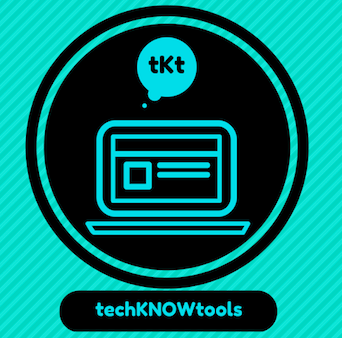In the midst of the death of higher ed headlines,the disruption of HE, and all the higher ed is broken rhetoric tossed out, a few of us took a pause last week to discuss how to deal with the issues and challenges facing the post-secondary education sector at #dLRN15. I felt fortunate to be able to connect with a number of colleagues to talk behind the buzzwords, and dig into a the real issues challenges our colleges and universities face. It’s time and there is a need to take time for making change in higher education (thanks for the prompt post, @KateMfD). I am not sure that “change” was made, but I am proud to be part of the discussion and momentum that will move some of it forward.
 Many thanks to the conference organizers for bringing a few smart kids around the table to discuss the following issues:
Many thanks to the conference organizers for bringing a few smart kids around the table to discuss the following issues:
- Ethics of collaboration
- Individualized learning
- Systemic impacts
- Innovation and work
- Sociocultural implications
The panels, sessions, and keynotes left me with more questions than answers – and that is a good thing. Beyond the formal program, the sidebar chats over coffee/snacks/pints were not to be dismissed As Mike Caufield said, I will need to process discussions had at #dLRN15 for weeks. There were some deep discussions into complex issues that could not be dealt with in just two days.
In our pre-conference meeting, each group picked a question/issue based on the themes the conference was focused on (see above). One the groups developed a question that resonated with me the most:
 We always want to push forward with big change and innovative ideas in higher ed, but really do we sometimes forget to recognize the incremental changes occurring within our institutions? How do we acknowledge the slow movements and progress we make in HE or that it is an on-going process of change? There are many micro-movements occurring within our learning spaces to help us evolve. I know there are a number of amazing things happening within our colleges and universities — sometimes it’s these slow contributions that make the difference and we often fail to recognize this gradual progress. Slow and steady does win the race.
We always want to push forward with big change and innovative ideas in higher ed, but really do we sometimes forget to recognize the incremental changes occurring within our institutions? How do we acknowledge the slow movements and progress we make in HE or that it is an on-going process of change? There are many micro-movements occurring within our learning spaces to help us evolve. I know there are a number of amazing things happening within our colleges and universities — sometimes it’s these slow contributions that make the difference and we often fail to recognize this gradual progress. Slow and steady does win the race.
Ethics of Collaboration & Closing Remarks: Random Dude, Mike, Barbara & George
Fast-forward to the end of the conference, after a number of thoughtful conversations, this final panel reminded all of us of the call to action => to provide evidence for higher ed to shift. George Siemens asked us to utilize research to fuel the fight around the issues raised. Beyond collaboration, what are we really going to do with what we’ve talked about now? It’s great to hear that we are not alone in our discussions however we need empirical evidence to support the change ahead in higher education. I appreciated how this panel spoke about getting beyond the dichotomies and encouraged us to think about research in collaboration with our students and work. We really need to listen to our students and amplify their story/voice in the research we do. It’s easier to move and change when there is already momentum for systemic change, and perhaps #dLRN15 titled the scale for a few. There are a number of challenges and questions from #dLRN15 to consider with our research in higher education, including:
- What were the foundational assumptions and purpose we thought about at the #dlrn15 ?
- How do the threads of the conference fit together in a framework to support advancing higher ed?
- What does it mean to have a US-centrist focus in higher education? How does it impact HE on a global scale? Does it?
- Was there enough systems-level research or research on systems change at #dLRN15?
- Is there a need for systematic-change at all levels to advert change in higher ed?
- How can higher ed research impact practitioner-based work?
- Is research is the lever for change for us? And does empirical evidence have the potential to change the higher ed system?
- How can we create a true design jam process — where research is reviewed and reflected?
- Why should we trust the researchers?
- We are able to get learners to the institution, but just not to get them through
- economics of higher education — and the future of higher ed
- Do we have enough divergent thoughts or ideas shared? Is this an echo chamber or do we need to invite others into the room/discussion for HE?
This conversation (thankfully) is not over. Here’s a snapshot of my #dLRN15 Reading List with reflections and then some. Let’s keep this conversation and momentum going.


Reblogged this on Concierge Librarian.
LikeLike
Reblogged this on As the Adjunctiverse Turns.
LikeLike